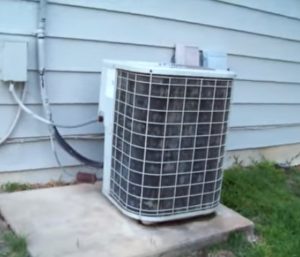
As an air conditioning unit ages, it can start to make rattling or buzzing sounds that can be distracting.
A rattling or buzzing air conditioner unit is no doubt very annoying and can be fixed to operate more quietly.
While calling an HVAC technician is always recommended, there are some things that the DIYer can do to see if the problem goes away.
How to Quiet an Air Conditioner That Rattles or Buzzes
- Tighten Up External Screws
- Make Sure the Unit is Level
- Replace Capacitor
- Replace Contactor
The first thing is simply going around the unit and tightening up all the external screws.
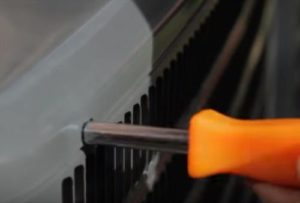
Screws can become loose over time and will let parts rattle about when they do.
A handheld tool or cordless drill can be used; simply be sure not to over-tighten them.
Tightening them hand tight is good, so they don’t rattle about or let other components do the same.
Another thing that can be done is to be sure the unit is level and doesn’t wobble about on its stand.
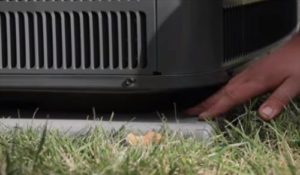
All AC units will sit on some type of foundation, from a hard plastic pad to cement.
Sometimes the units are not set right or have moved over time for one reason or another.
If pushed on, the unit should not wobble and should be solid set to the ground.
If it is not, then a wedge can be pushed under the bottom of the unit to help keep it steady.
There are vibration pads that can be bought that can be placed under any low or high spot as needed.
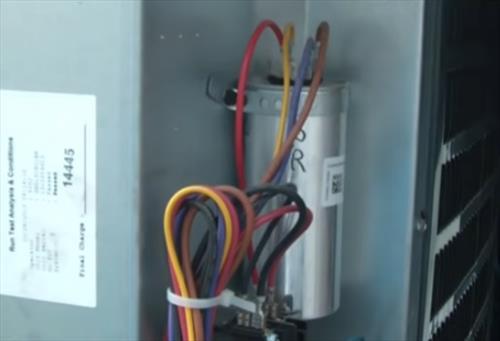
A buzzing sound can sometimes be caused by a bad or failing Start/Run capacitor.
Usually, two capacitors in an air conditioning unit help start and run the condensing fan motor and compressor.
The two capacitors are usually located in a dual round or dual oval package.
They can buzz themselves sometimes and can also cause the condensing fan motor and compressor to not operate correctly and cause them to buzz.
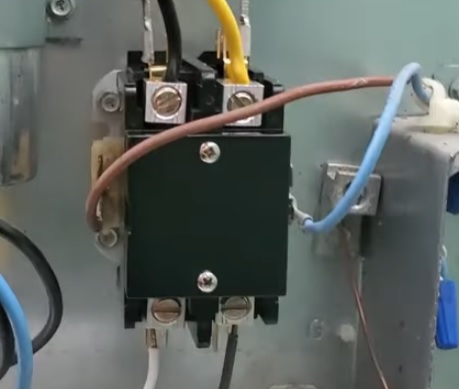
The contactor controls all the power going into a unit and manages high voltage with low voltage.
It uses low voltage from the thermostat, usually 24 volts, to control the high voltage, usually 240 volts.
A contactor is mechanical with a small coil that pulls down on leads when energized.
The leads allow in the high voltage, which over time can cause the tips to become worn and, in some cases, start buzzing.
Summary
The above are some of the simple things to check for if an air conditioner unit is making a rattling or buzzing sound.
More extensive work can be done to quiet down a unit, including an air compressor cover and compressor vibration isolation mounts.
The two fan motors can also be a source of noise if the cages are not tightened properly, the blades have become unbalanced, or the motors have gone bad.
The more extensive problems require more skill and are usually done by a certified HVAC technician.
Every unit will have aged differently and will often have a unique solution to solving a noise problem.
While simple things often work, calling an experienced heating and cooling technician is the only option for more complex problems.
Have you had experience quieting a noisy air conditioning unit? Let us know how you solved it in the comments below.